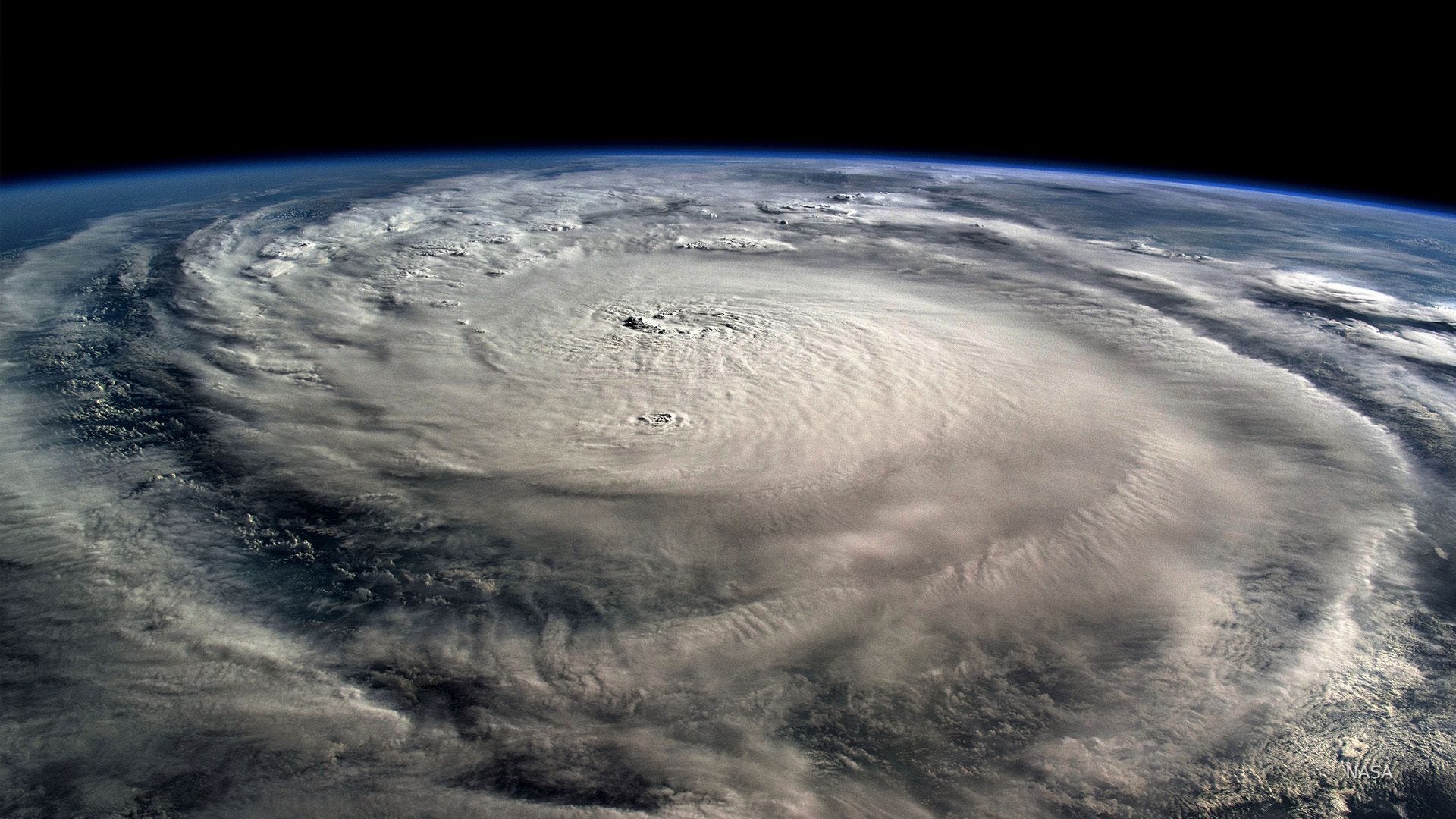Why don't we name winter storms like we do hurricanes? (Sorry, Weather Channel).

We've named hurricanes since the 1950s. So why don't we name winter storms?
After all, naming weather systems goes back hundreds of years. Storms are typically named after places, dates, saints or things they hit.
The Weather Channel, as it's been doing for 13 years, remains the outlier as it is again naming significant snowstorms this winter. According to the network, it's done to generate more public awareness and social media buzz about the storms, despite opposition and apathy from rival weather firms (such as AccuWeather) and the federal government.
'No plans to consider it'
When asked about the issue recently, the National Weather Service responded in an e-mail to Paste BN: "The National Weather Service does not name winter storms and there are no plans to consider it. Unlike tropical storms, winter storms are diverse with conditions that evolve throughout the storm’s life. That is why our forecasts, watches and warnings focus on specific impacts such as wind conditions, snowfall, ice, temperature, visibility and other impacts.
"Winter storm conditions can vary widely and over a very large area, from community to community. It’s critical that people understand how a storm will impact them, in their area or where they are going," the weather service said.
Why does the Weather Channel name winter storms?
The Weather Channel, in an online statement, said it names high-impact winter storms with significant snow and/or ice affecting at least one, if not multiple regions of the country.
"This is done to raise awareness of the hazards of winter storms including treacherous, challenging driving conditions, potential power outages and tree damage," the Weather Channel said. "It is similar to the original rationale for naming tropical storms and hurricanes beginning in the mid-20th century."
However, "lake-effect snowstorms and pure arctic cold outbreaks are not named."
One of the more memorable winter storm names that cut through the media clutter was Winter Storm Nemo in 2013. But that appears to be the exception, rather than the rule.
Does it matter whether storms are named?
A 2017 study – apparently the most recent on the topic – found that when it comes to public awareness, it didn't matter if the storm was named or not. People will likely pay attention to the storm regardless of its name, or even if it has one. Overall, study lead author Adam Rainear said in 2017 that the weather community may be "overthinking" the entire issue.
When reached via email recently, Rainear said that to his knowledge, no new research has been done on the topic since his 2017 study. "I’d argue that there isn’t a lot of evidence for or against naming storms, but to start a new program one would likely want some evidence that it might be useful (and in this case we are absent of that)," he said via email.
The 2017 study, involving over 400 college students at the University of Connecticut, appeared in the peer-reviewed journal Weather, Climate and Society, a publication of the American Meteorological Society.
What is AccuWeather's position?
AccuWeather said naming winter storms creates confusion, rather than delivering critical and important safety and planning information to the public. "AccuWeather’s own examination of the issue over many years has found no benefit to users of weather forecasts by the initiative recently announced by The Weather Channel," the company said in a 2012 statement. This is still company policy, AccuWeather told Paste BN recently.
"Winter storms are often erratic, affecting different areas unevenly," AccuWeather said. "Winter storms often develop, dissipate and reform with two to three centers, often delivering snow in only one quadrant, while places not too far away from a blizzard may experience rain or fog, or nothing at all. As a result, the public will not know what action to take when there is a 'named' storm, or may take the wrong action.
"By contrast, some of the most severe winter events affect only limited areas, such as lake effect snow or freezing rain, which are not even associated with a predicted storm center," AccuWeather said. "Under the Weather Channel system, these might not even be named, yet they can cause death and destruction."
Why are hurricanes named?
According to the National Hurricane Center, "experience shows that the use of short, distinctive names in written as well as spoken communications is quicker and less subject to error than the older, more cumbersome latitude-longitude identification methods. These advantages are especially important in exchanging detailed storm information between hundreds of widely scattered stations, coastal bases and ships at sea."
The hurricane center goes on to say that "the use of easily remembered names greatly reduces confusion when two or more tropical storms occur at the same time. For example, one hurricane can be moving slowly westward in the Gulf, while at exactly the same time another hurricane can be moving rapidly northward along the Atlantic coast.
"In the past, confusion and false rumors have arisen when storm advisories broadcast from radio stations were mistaken for warnings concerning an entirely different storm located hundreds of miles away."